The International Multidisciplinary Programme to Address Lung Health and TB in Africa (IMPALA)
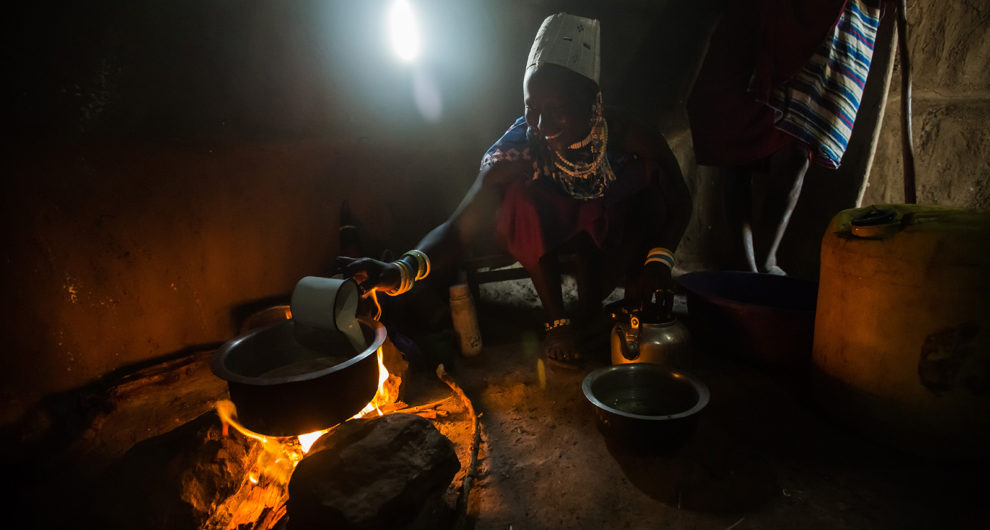
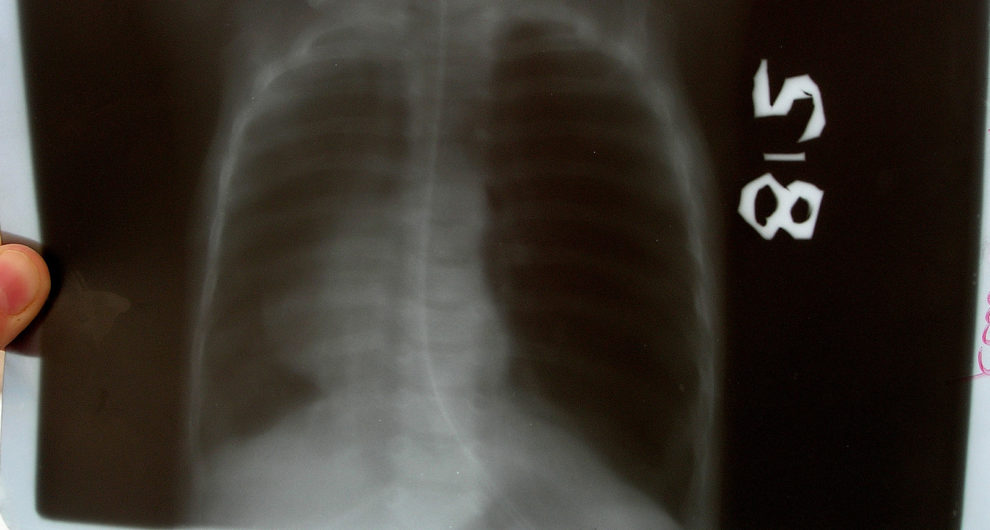
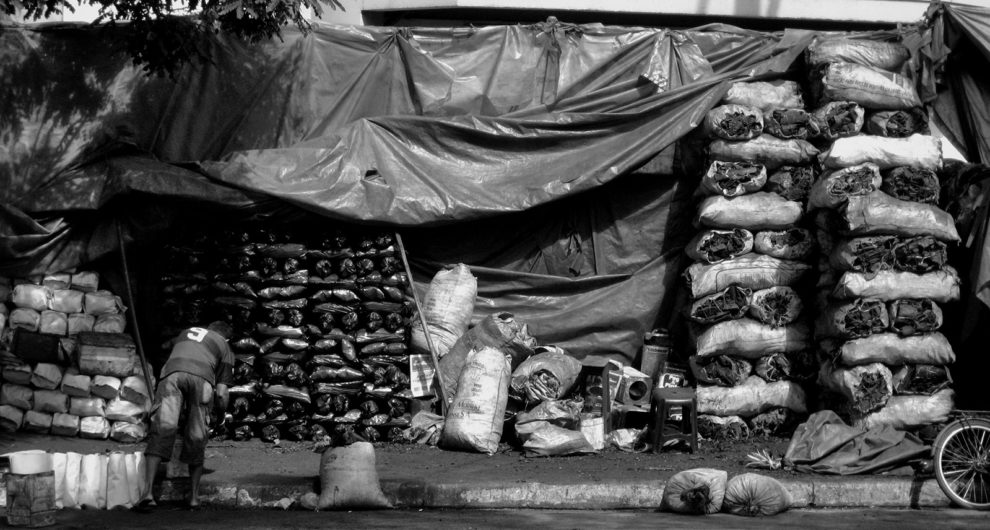

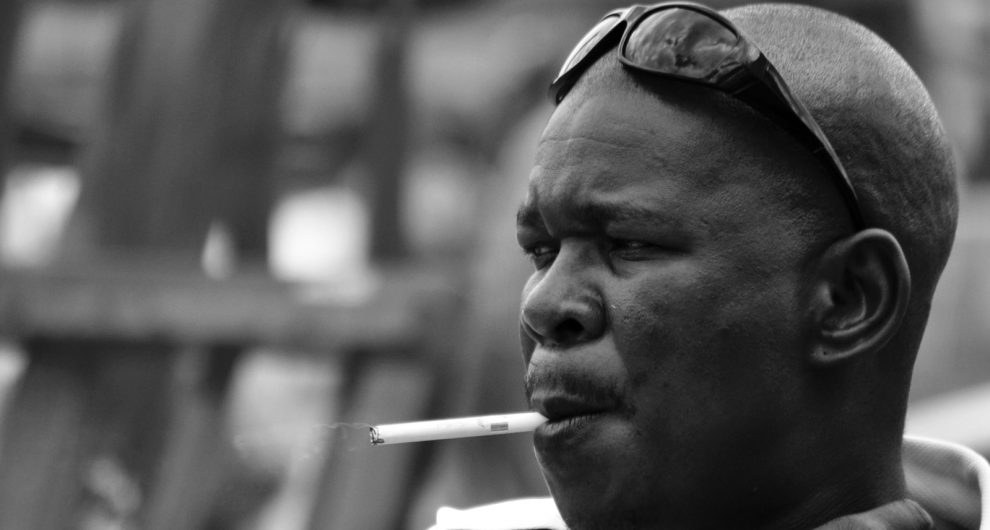

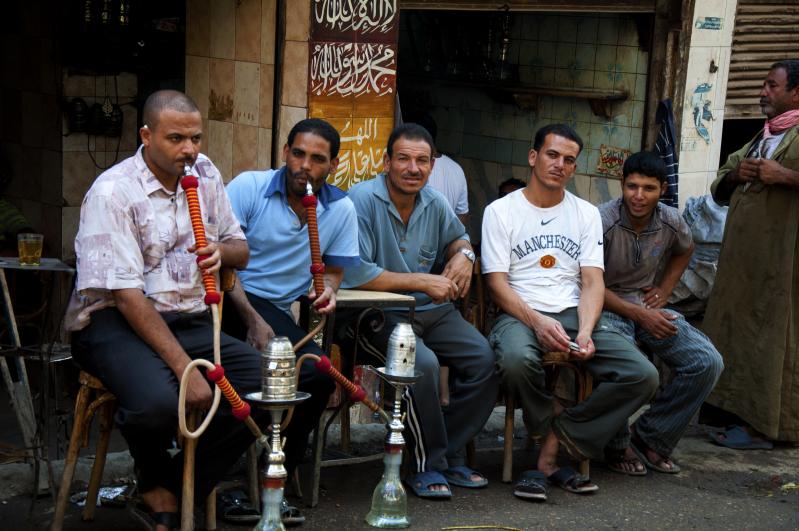
Globally, an estimated 1 billion people suffer from acute and chronic respiratory problems, contributing to 4 million deaths worldwide. Tuberculosis (TB) for example, is one of the leading causes of death with 1.5 million deaths recorded in 2018 alone, one-quarter of which were in Africa. Actually, Africa has a massive and growing burden of respiratory diseases, beyond just TB, including illnesses such as asthma, chronic obstructive pulmonary disease, acute respiratory infections, and lung cancer.
Despite this, lung health remains under-funded and under-researched. IMPALA seeks to change that narrative by generating scientific knowledge and implementable solutions for issues related to lung health in Africa. IMPALA involves multi-disciplinary collaborative work with scientists from Africa and the UK in clinical and public health, applied social science, health systems, health economics and modelling, and implementation science disciplines. The programme, spanning 10 African countries, built upon a critical mass of internationally excellent clinical and applied health scientists who are experts in lung health and strengthens the capacity of emerging interdisciplinary lung health researchers from Africa.
[Statistics from the WHO Global Tuberculosis Report 2019 and Global Impact of Respiratory Disease – Second Edition (2017)]
IMPALA included high-impact applied health research on non-communicable lung diseases, acute lung disease, tobacco-related diseases, air pollution and TB across 10 countries [Cameroon, Ethiopia, Ghana, Kenya, Malawi, Nigeria, South Africa, Sudan Republic, Tanzania, Uganda] in Sub Saharan Africa. A large part of the research was conducted through eight multidisciplinary doctoral and postdoctoral research projects, whose summaries can be accessed on the IMPALA information sheet, while additional research was carried out by lung health experts within the IMPALA consortium (learn more).
AFIDEP co-led IMPALA’s Pathways to Impact component which aimed to ensure that IMPALA’s research was more than an academic exercise. Ultimately, we wanted the evidence generated to be translated into policy and practice for maximum impact. To achieve this, AFIDEP had the following interventions:
- Capacity strengthening for IMPALA researchers on effective research translation and policy engagement
- 5-day Policy Engagement and Evidence Uptake Training for IMPALA PhD students, January 2018, 23 total participants including 5 PhD students. Read more
- Technical support to PhD students on conducting policy analyses on their research topics
- 2-day Policy Engagement and Evidence Uptake for IMPALA post-doctoral students and country Principle Investigators, June 2019, 31 total participants including 5 IMPALA post-docs and 13 country Principle Investigators. Read more
- Technical support in national policy and communications strategies which project teams are now implementing and effectively generating support for their research to inform policy and programme interventions
- Policy research to explore how to address policy barriers to promoting behaviours and environments that protect lung health in Africa
- Preliminary Regional Stakeholder and Policy Analysis – IMPALA
- Regional lung health policy analysis
- National chronic lung disease policy analyses for Kenya, Malawi, and Uganda
- Survey administered to IMPALA programme to identify key stakeholders, major lung health issues, lung health policy and programme gaps, and conditions needed to improve lung health in Africa
- Facilitation of policy engagement at the national level as well as strategies to influence regional and global lung health policy
-
- IMPALA information sheet
- World TB Day outreach
- Regional engagements at key events, such as the United Nation’s High-Level |Tuberculosis Symposium in Stellenbosch, South Africa
- Post TB stakeholder workshop in Kenya
- Strengthened capacity of the IMPALA project teams to effectively undertake policy engagement and evidence uptake activities at national and regional levels
- Identified policy barriers to promoting behaviours and environments that protect lung health
- Generated demand for and enabled the utilisation of IMPALA research in policy and programme decisions
- In Kenya, AFIDEP convened the first stakeholder’s forum on Post TB Lung Disease in conjunction with the Division of National TB, Leprosy and Lung Disease Program (DNTLD) on 3rd February 2020. The deliberations of this meeting have fed into the draft DNTLD integrated guidelines which for the first time include content on Post TB Lung Disease. The final guidelines will be available in late 2020.
- IMPALA actively participated in the first ever United Nations High Level Meeting on TB 25th September 2018 where heads of states made commitments to ensure the following targets are achieved in order to END TB: Treat 40 million people with TB between 2018 and 2022; 3.5 million children with TB, 1.5 million people with drug-resistant TB; and at-least 30 million put on TB Preventive Treatment.
The International Multidisciplinary Programme to Address Lung Health and TB in Africa (IMPALA), hosted and led by the Liverpool School of Tropical Medicine (LSTM), was a collaboration of 15 partner institutions which are conducting research across 10 African countries:
- Cameroon: University of Douala
- Ethiopia: Addis Ababa University
- Sudan: Epidemiological Laboratory (Epi-Lab)
- Kenya: AFIDEP, Kenya Medical Research Institute
- Ghana: Kwame Nkrumah University of Science and Technology
- Uganda: Makerere University
- Malawi:
- AFIDEP
- Malawi Liverpool Wellcome Trust Clinical Tropical Research Programme
- REACH Trust
- Tanzania:
- National Tuberculosis and Leprosy Programme
- National Institute for Medical Research
- South Africa:
- Stellenbosch University
- University of Cape Town
- Pan African Thoracic Society
- Education for Health Africa
- Nigeria:
- University of Ibadan
International respiratory societies, organisations and health policy research consortia, with strong representation from Low and Middle-Income Countries (LMICs), have been involved in prioritising relevant research topics and themes and will provide strategic guidance for IMPALA. These include:
- Lung Health in Africa (LHIA)
- Pan African Thoracic Society (PATS)
- PATS Methods In Epidemiologic Clinical And Operations Research (MECOR)
- Biomass Reduction and Environmental Air Towards Health Effects (BREATHE)-Africa
- American Thoracic Society (ATS)
- The International Union Against Tuberculosis and Lung Disease (IUATLD)
- Vital Strategies
- The Malawi-Liverpool Welcome Trust Clinical Research Programme (MLW)
- Burden of Obstructive Lung Disease (BOLD) Initiative
- The Global Asthma Network (GAN)
- Spirometry Training Services Africa
Key Details
| Dates: | June 2017 to April 2021 |
| Aim: | The IMPALA project intended to expand the scientific knowledge and implementable solutions for issues related to lung health in Africa. More specifically, AFIDEP’s role on IMPALA was to have other lung health diseases and not just TB, on the regional health policy agenda. |
| Where: | Cameroon , Ethiopia , Ghana , Kenya , Malawi , Nigeria , South Africa , Sudan , Tanzania , Uganda |
| Project Manager: | Brenda Nyambura |
Related Items
Related Events
Sep 2022
Apr 2022
Mar 2022
Sep 2021
Apr 2021
Mar 2021
Sep 2020
Mar 2020
Jun 2019

